Christmas in Sweden is a magical time of year. While it may be dark and cold outside, inside spaces are decorated to be warm and cosy and festive. Hopefully there will even be a layer of thick white snow covering the ground, making Sweden look like a magical winter wonderland. Although Christmas is primarily a religious holiday, many Swedes see it as a precious opportunity to be off from work, and to be together with family and loved ones. Festivities centre on eating, drinking and exchanging gifts, and involve a unique blend of domestic and foreign customs, many of which have been reinterpreted and modernised over the years. Regardless of your religion and beliefs, taking part in some of Sweden’s Christmas traditions will allow you to learn more about the culture, and at the same time enjoy this very festive season.
Here are our suggestions for celebrating Christmas the Swedish way:
Celebrate Christmas on the 24th December
Swedish people love Christmas so much, they celebrate a day early! This is common in many European countries, and dates back to ancient times before Christianity was ever introduced in Sweden.
Put lights in your window
Unlike other countries, Swedish people are very reserved when it comes to Christmas adornments. Rather than having extravagant decorations, Swedish people do just enough to make things feel extra warm and cosy. The most common forms of decoration you will see are electric candlesticks (julljusstakar) and stars (julstjärnor) adorning the windows of houses, apartments and office buildings. There is a huge assortment of electric candlesticks and stars in stores, and can be bought inexpensively from places like Claes Ohlson and IKEA. So if you want to celebrate like a Swede this Christmas, put some festal lights in your windows. It will be equally as enjoyable for you as for all the people that walk by.
Build a gingerbread house

Credits: Miriam Preis/Imagebank.sweden.se
Swedish people are a crafty bunch who love to create things themselves, especially around Christmas. Along with making many of their own decorations, Swedes love to make gingerbread houses. Children and adults alike enjoy this activity, and can be very ambitious when it comes to designing and embellishing their edible masterpieces. If you would like to build (and eat) your own gingerbread house, buy some dough from your local supermarket and get inspired! If you don’t have the time to go to too much effort, you can also pick up a kit with ready-to-assemble pieces.
Drink some mulled wine

Credits: Helena Wahlman/Imagebank.sweden.se
On a cold winter’s day, there is nothing better than burrowing down on the sofa with a warm mug of mulled wine (glögg). Glögg is made from mixing port wine, orange peel, sugar, and spices such as clove, nutmeg and cinnamon. In Sweden, it is popular to drink glögg together with raisins and roasted almonds. It can be consumed both hot and cold, and non-alcoholic versions are available at most supermarkets. Swedish mulled wine has a very distinct flavour, and the scent of spices in the air is a clear indication that Christmas is on its way.
Find the perfect Christmas tree
Just like glögg, having the scent of fresh pine in your home is another wonderful smell to associate with Christmas. As 67% of Sweden is covered by forest, it is no surprise that Swedish people love to place gifts under a real, living Christmas tree. However, before you run out into the forest and start chopping down pines, remember that Allemansrätten (the right of public access to the wilderness) does not permit you to damage living trees. In reality, most people tend to buy their Christmas trees from the many dealers that appear during the month of December. An important tip when choosing the right tree is not to be too over-enthusiastic about the size and width. You must be able to transport it home, fit it through your front door, and set it up in the living room without scraping the wallpaper, obscuring the television, and layering the floor with nettles. Traditionally, families gather together to decorate the tree on the 23rd December, the evening before Christmas Eve. In the days and weeks that follow, Christmas trees are collected and taken to one of Sweden’s many energy-generating furnaces. The heat from which is used to warm up Swedish households across the country.
Watch a Lucia concert
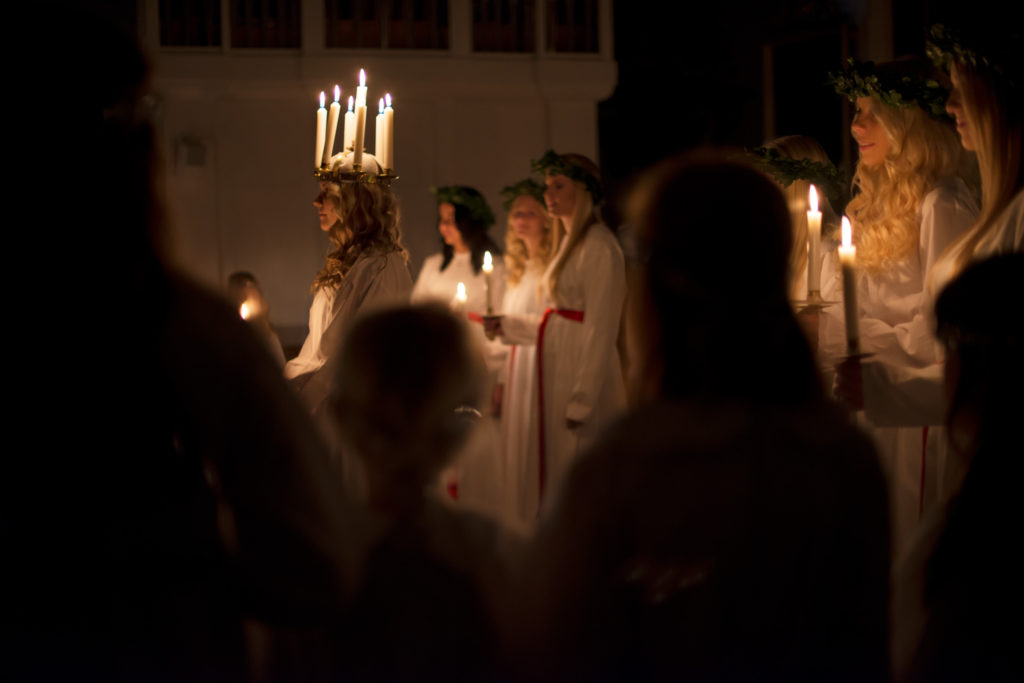
Credits: Cecilia Larsson Lantz/Imagebank.sweden.se
The Lucia tradition can be traced all the way back to both St Lucia of Syracuse, a martyr who died in 304, and to the Swedish legend of Lucia as Adam’s first wife. Today, kindergartens, schools, companies, shopping centres and workplaces all over Sweden have an annual Lucia procession on the 13th December. As Lucia is the bearer of light, those taking part in the procession wear long white gowns, carry candles, and have lights in their hair. Celebrating Lucia is one of the foremost cultural traditions in Sweden, and has clear references to darkness and light, cold and warmth.
Enjoy a Christmas buffet
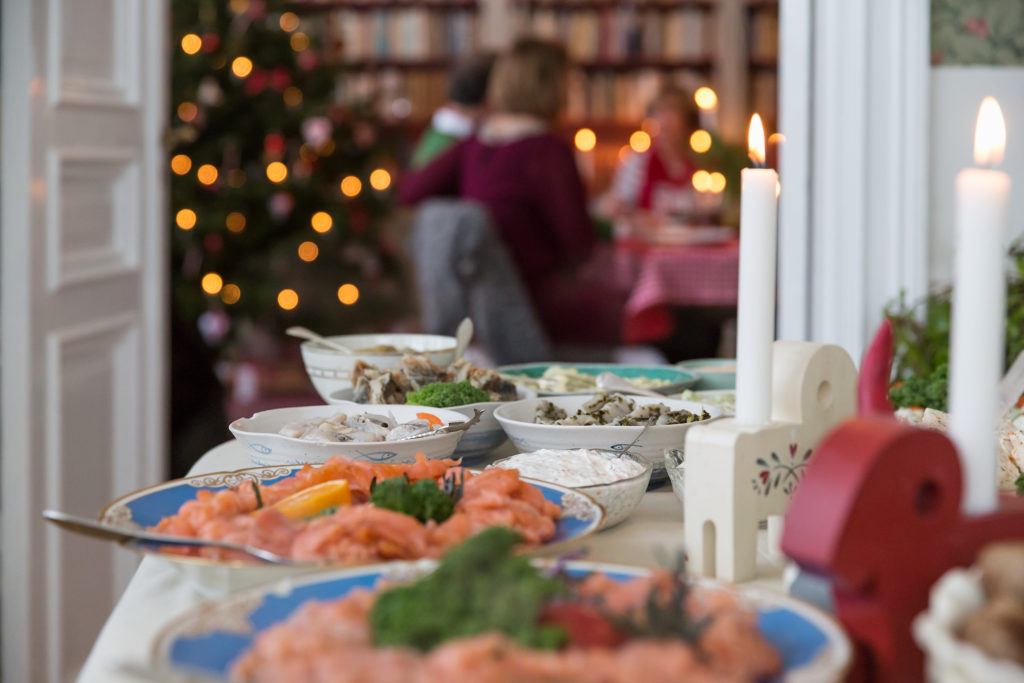
Credits: Carolina Romare/Imagebank.sweden.se
No Swedish-style Christmas is complete without a traditional Christmas buffet (julbord). The Swedish julbord offers an extensive assortment of food that has evolved from a wide variety of traditions. Although the Christmas table varies from household to household, staple foods include pickled herring (sill), meatballs (köttbullar), baked ham (julskinka), stockfish (lutfisk), baked potatoes with anchovy fillets (Janssons frestelse), smoked salmon (röktlax), chipolata sausages (prinskorv) and red cabbage (rödkål). On the side, Swedes love to consume Christmas root beer (Julmust), a Swedish soft drink that is only available at Christmastime. Although this feast should be eaten on Christmas Eve, you can often find restaurants serving a Swedish julbord throughout the month of December.
Watch the Christmas cartoon
One of the most unique Christmas traditions in Sweden is watching Donald Duck (Kalle Anka) on Christmas Eve. In 1958, Disney aired a Christmas program that was a collection of Christmas themed animated sketches and a selection from feature length cartoons. In 1960, at 3pm on Christmas Eve, Swedish television aired it for the first time. According to myth, Bengt Feldreich, who continues to be the narrating voice to this day, dubbed the Swedish program live. Apparently he translated what was happening on the spot, which makes the program even more charming. He also sings a Swedish version of ‘When You Wish Upon A Star’ at the program’s conclusion. Disney’s Christmas special has aired for 52 consecutive years, at the same time on the same channel on Christmas Eve. If you really want to celebrate Christmas like a Swede, watching Kalle Anka is a must.
We’d love to know what you plan on doing for the Christmas holidays, and what special Christmas traditions live on in your countries today.

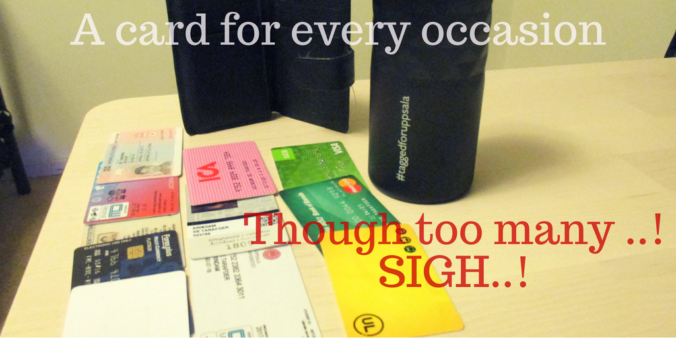
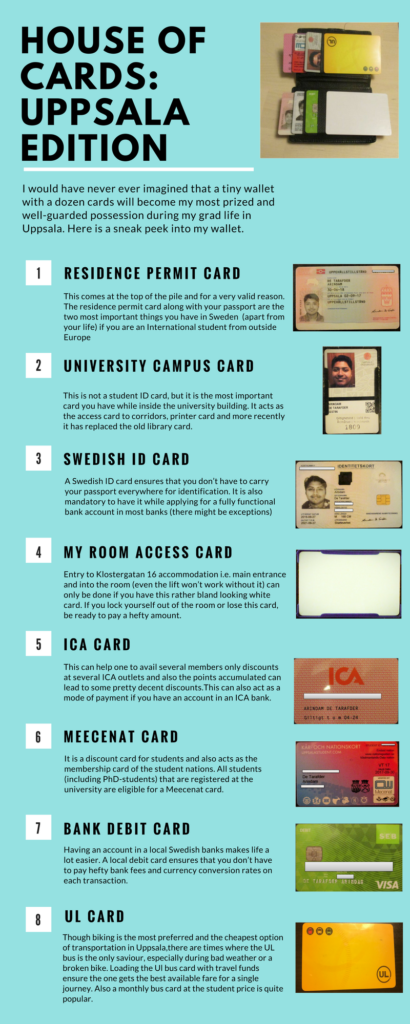

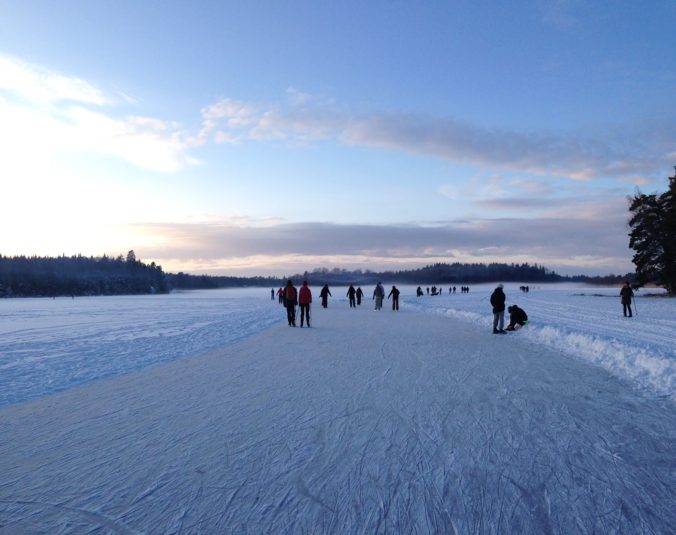
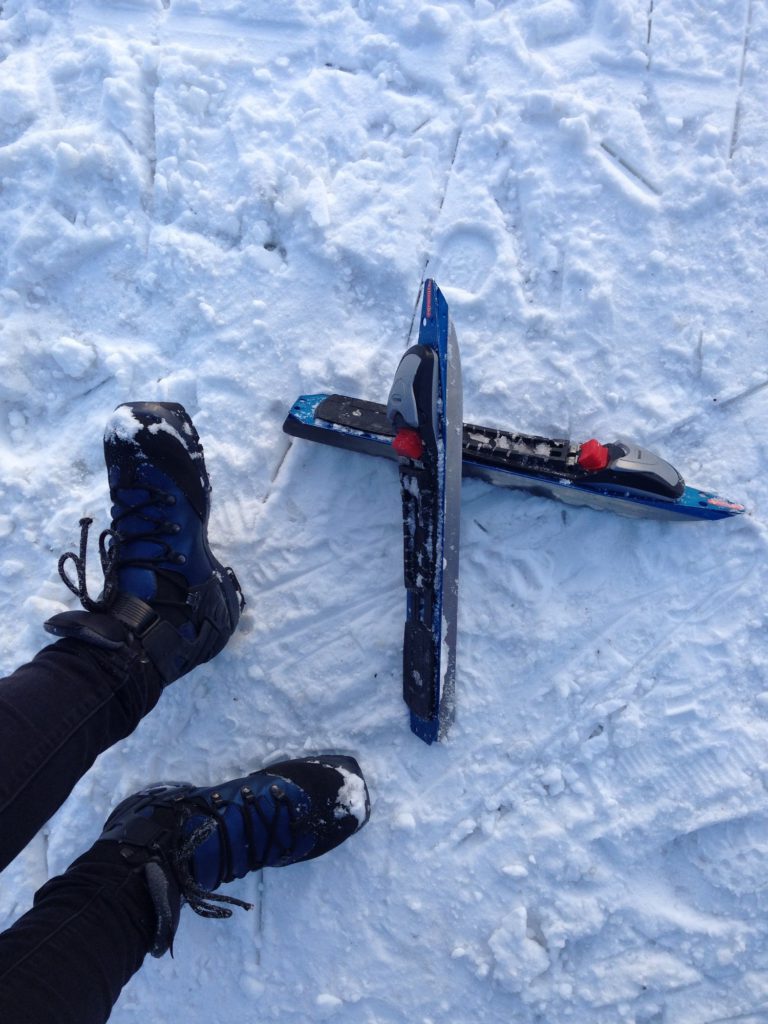
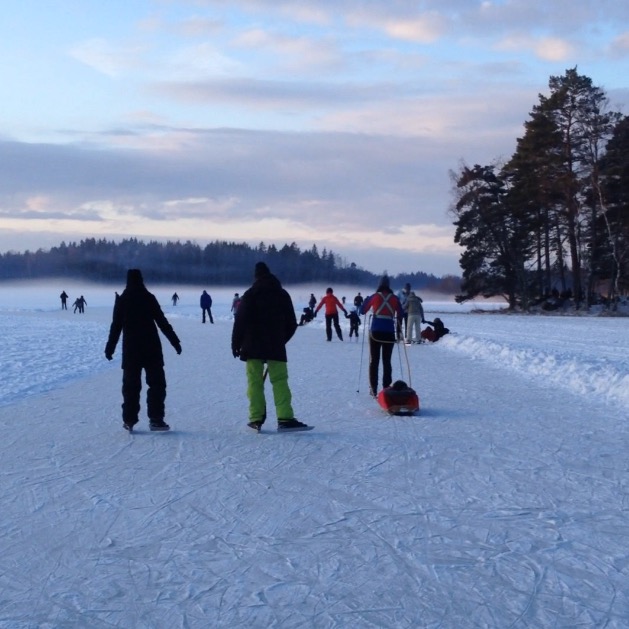
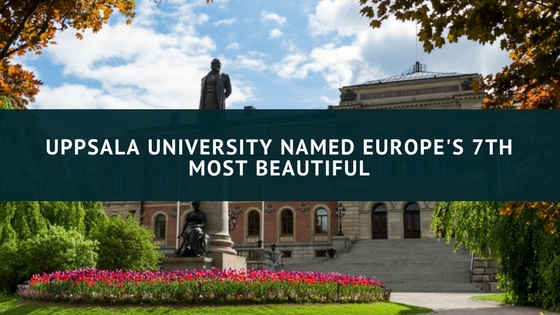
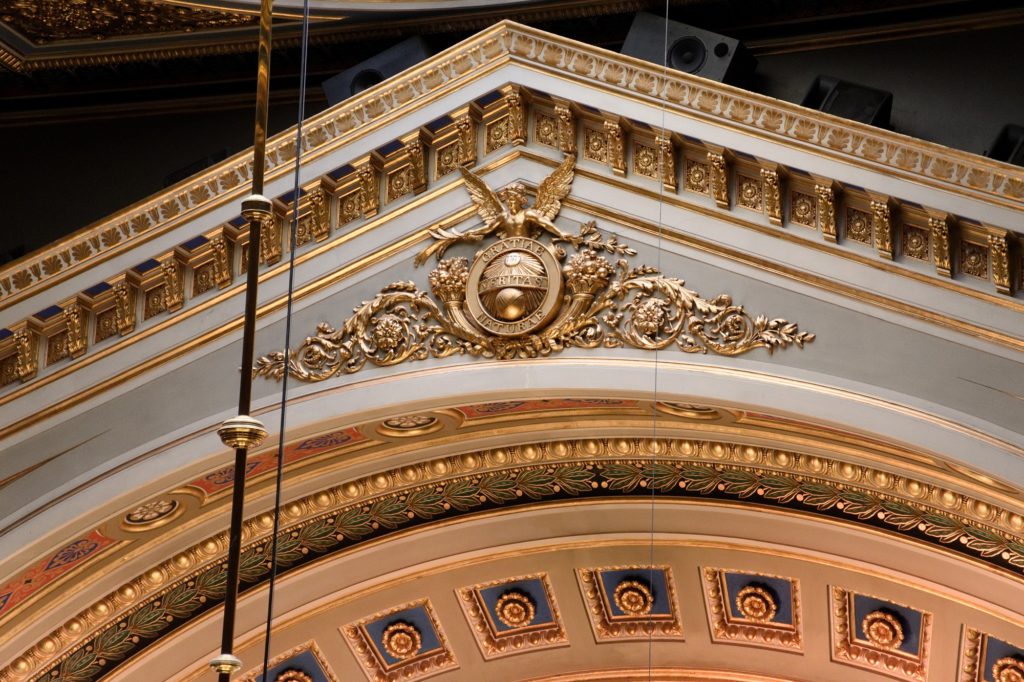

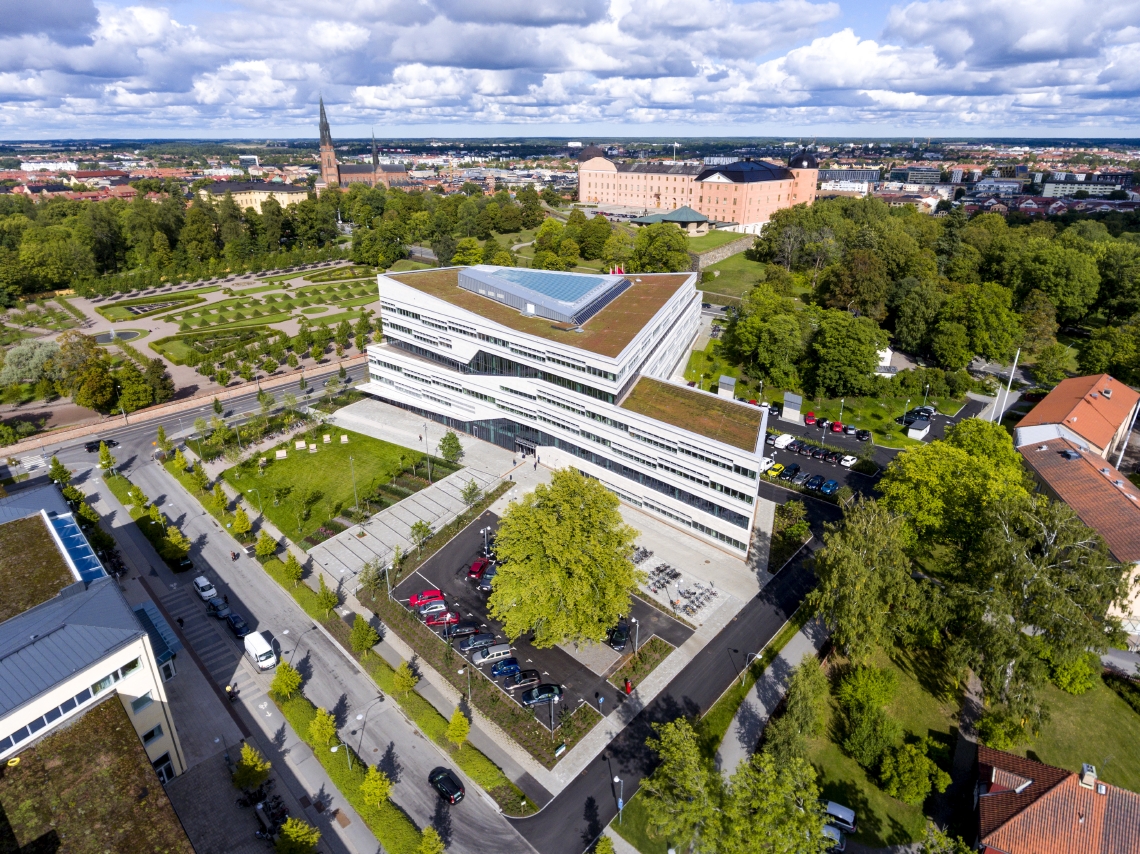
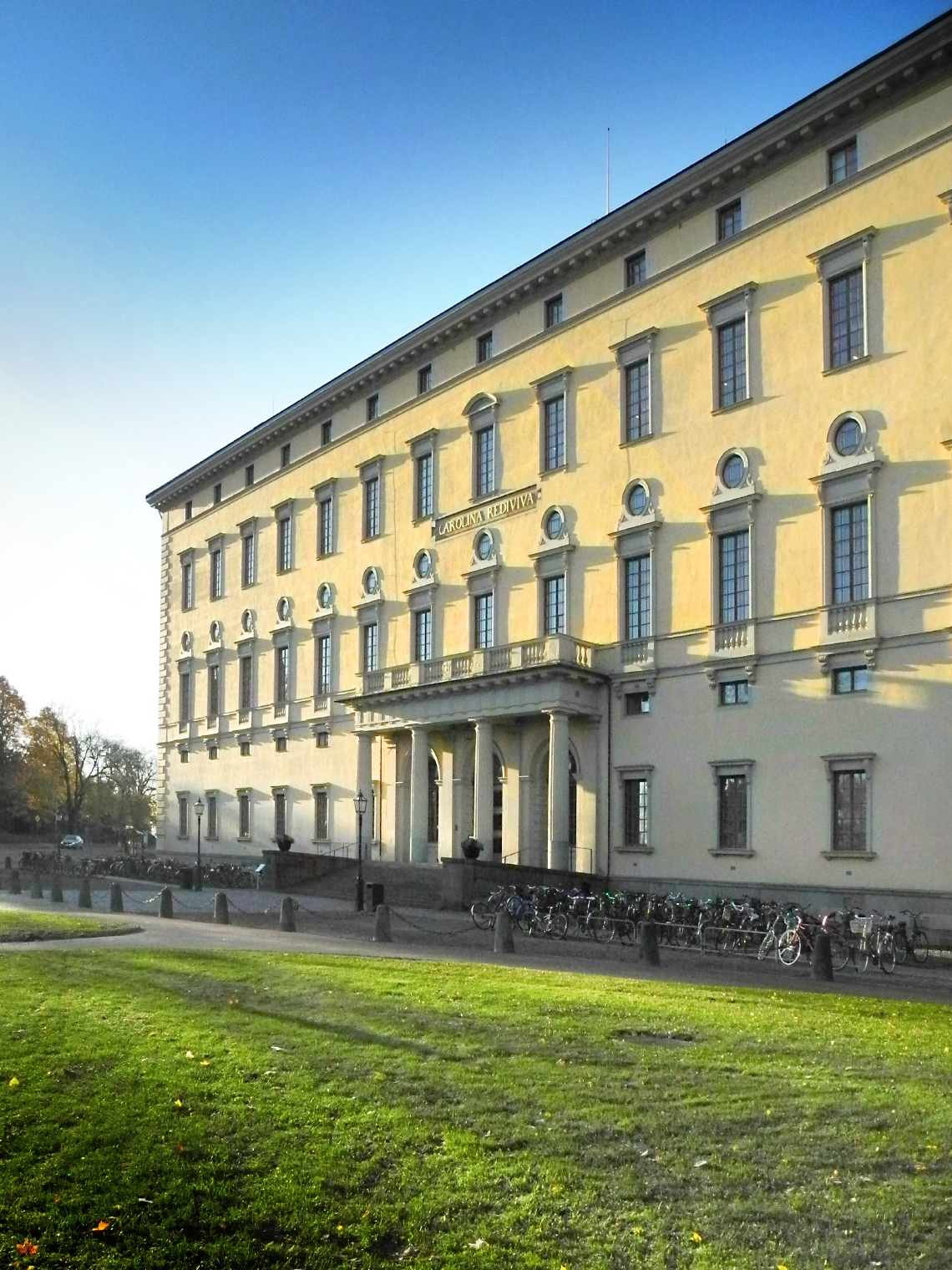
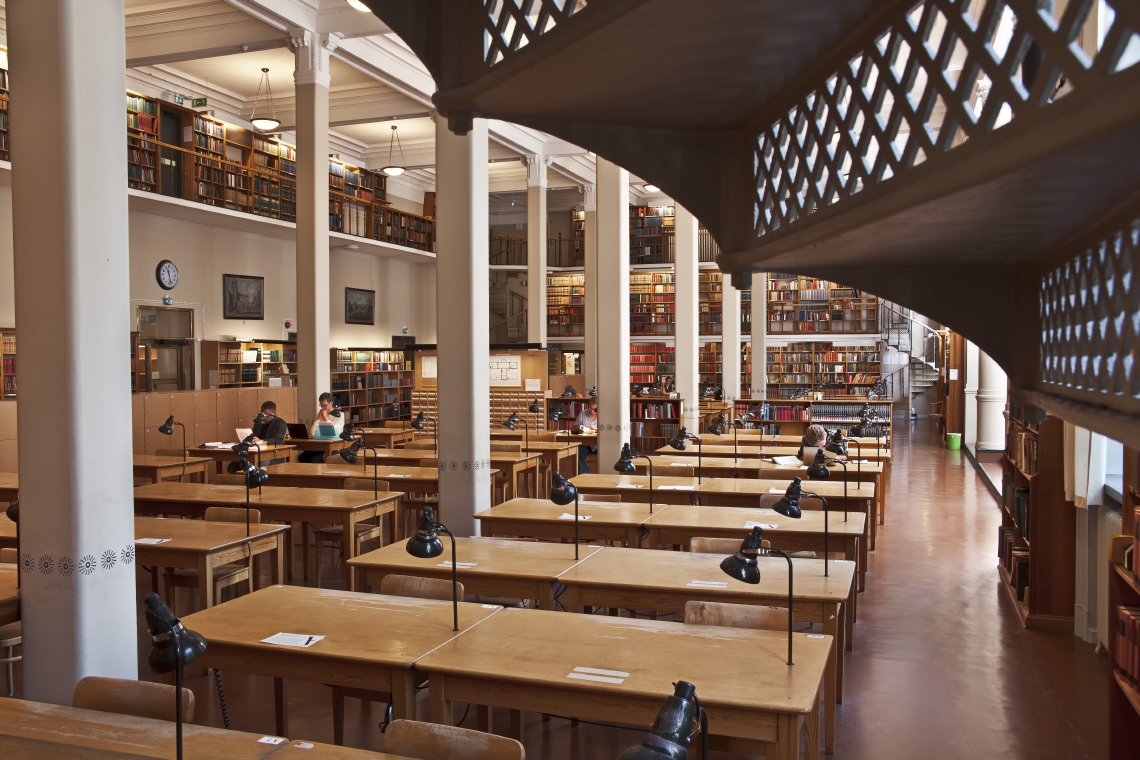
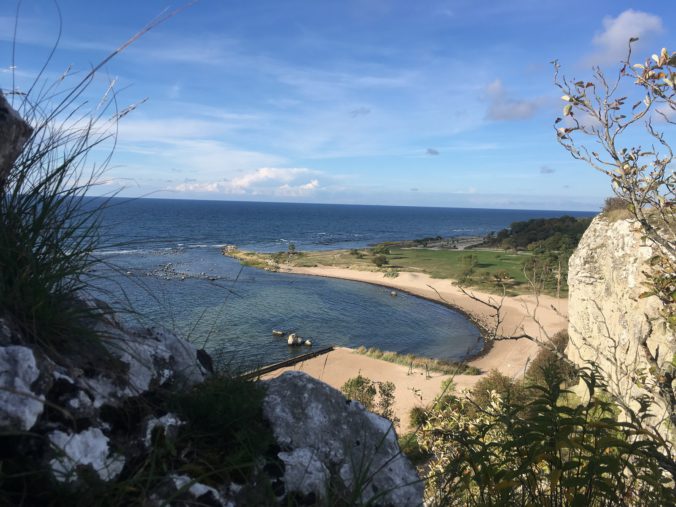






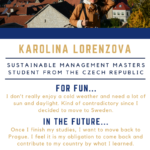
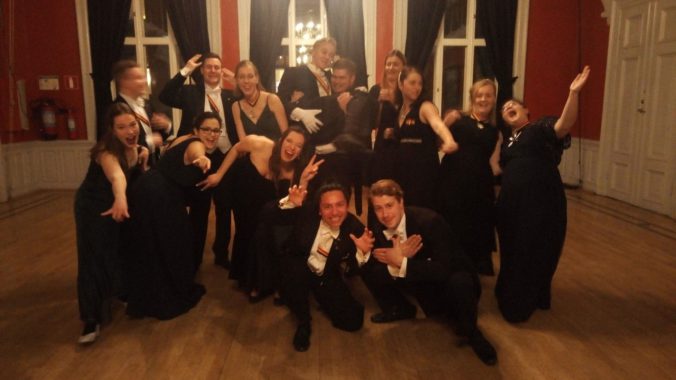


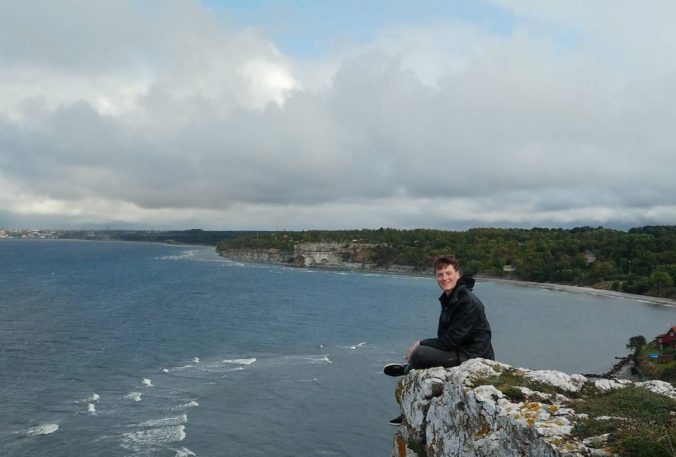

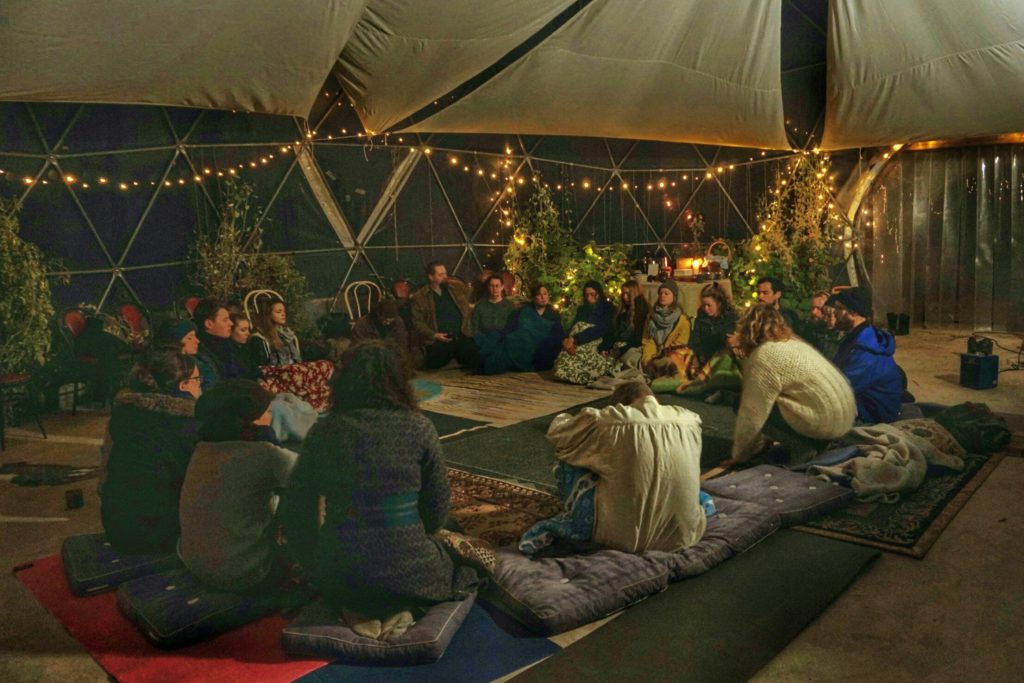


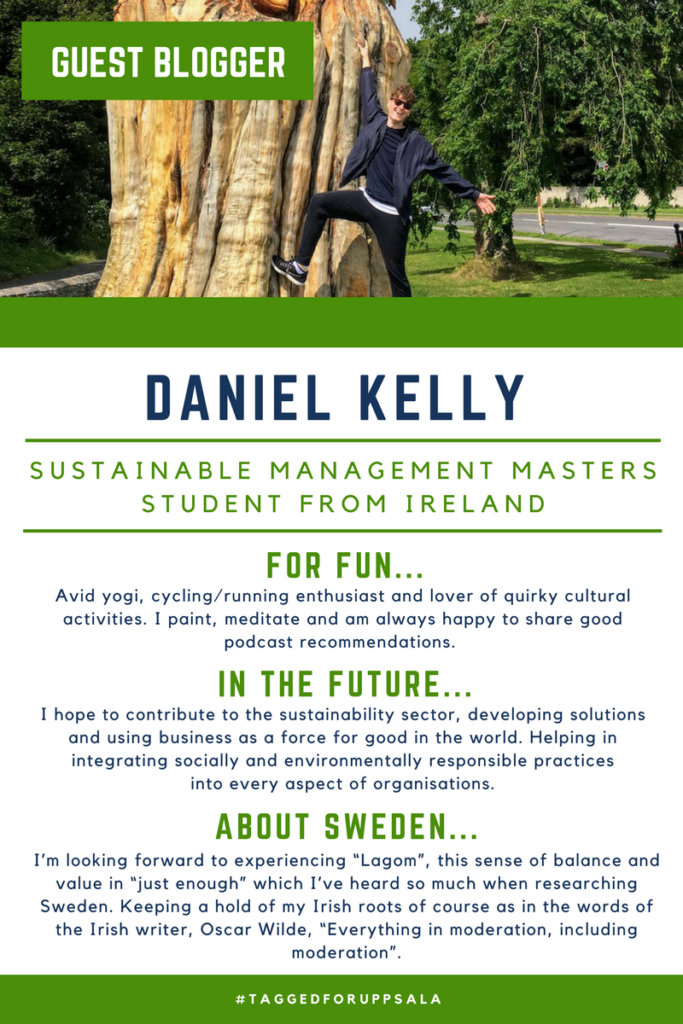
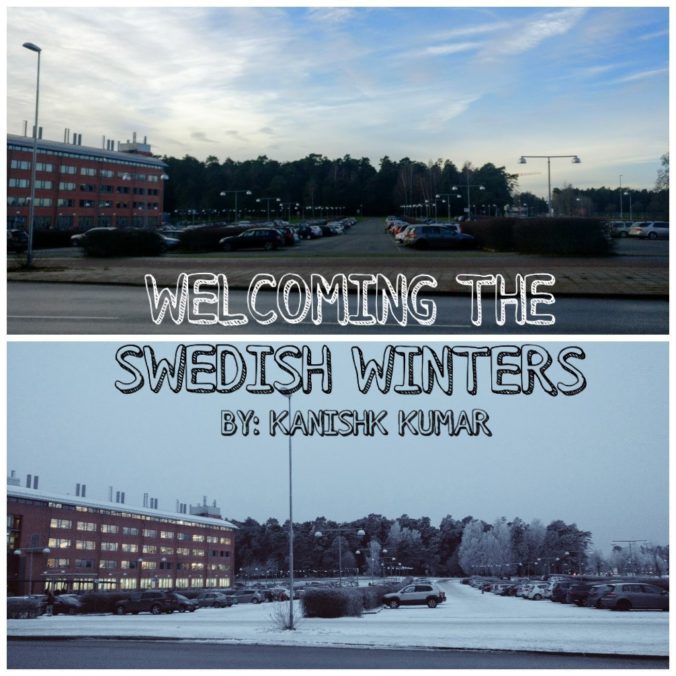
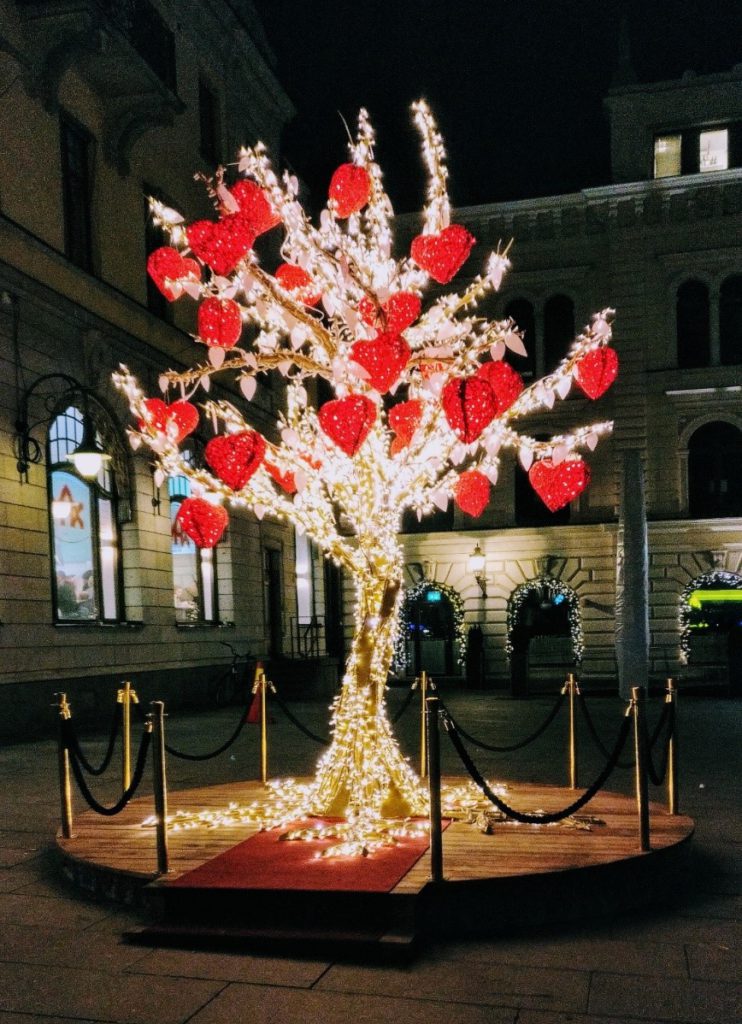

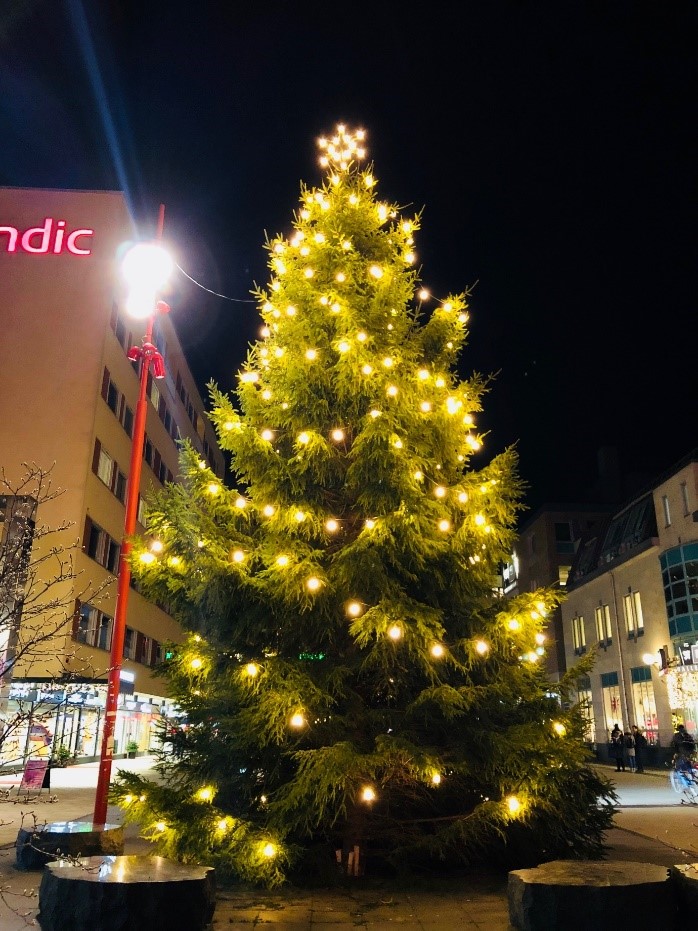
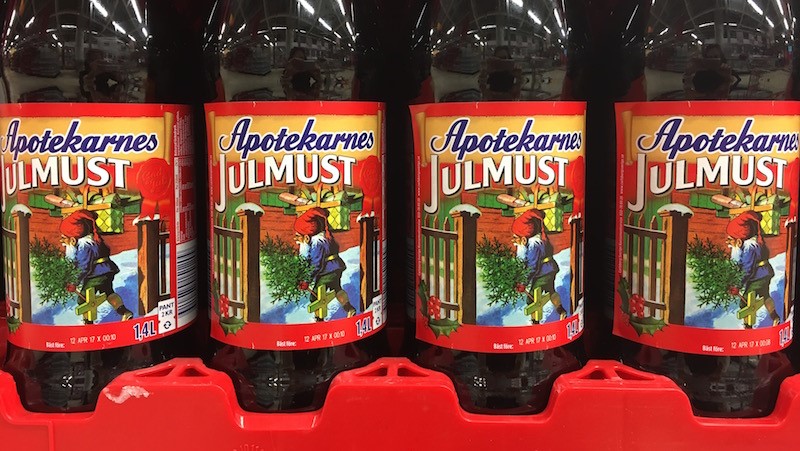


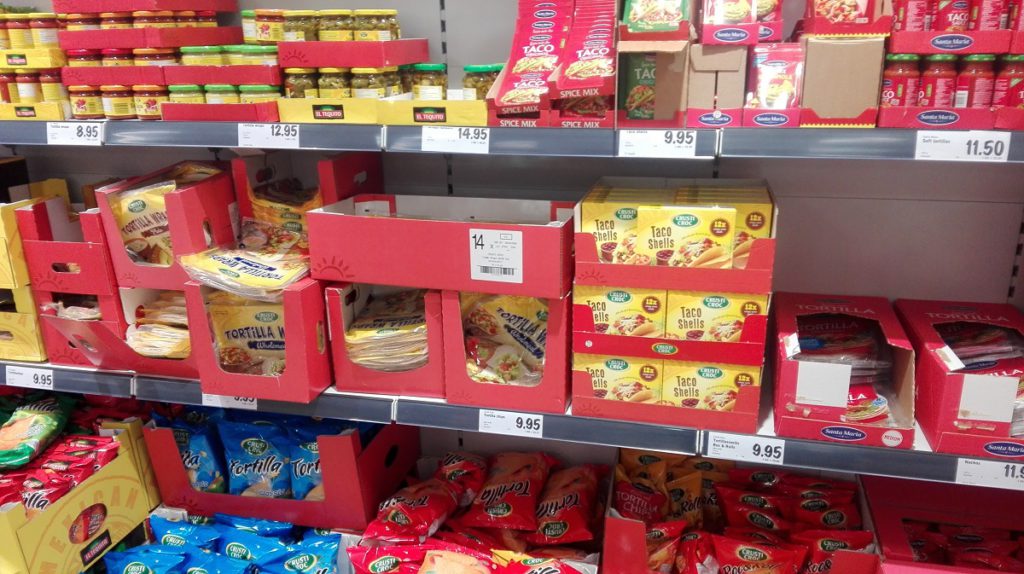
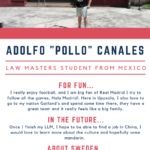
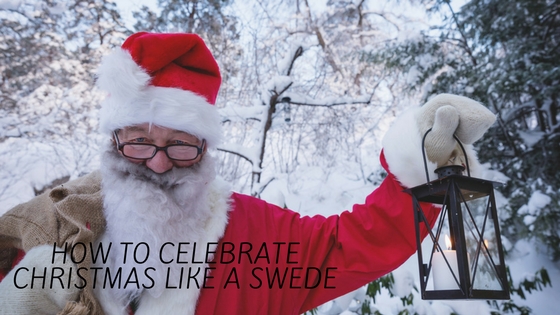







Recent Comments